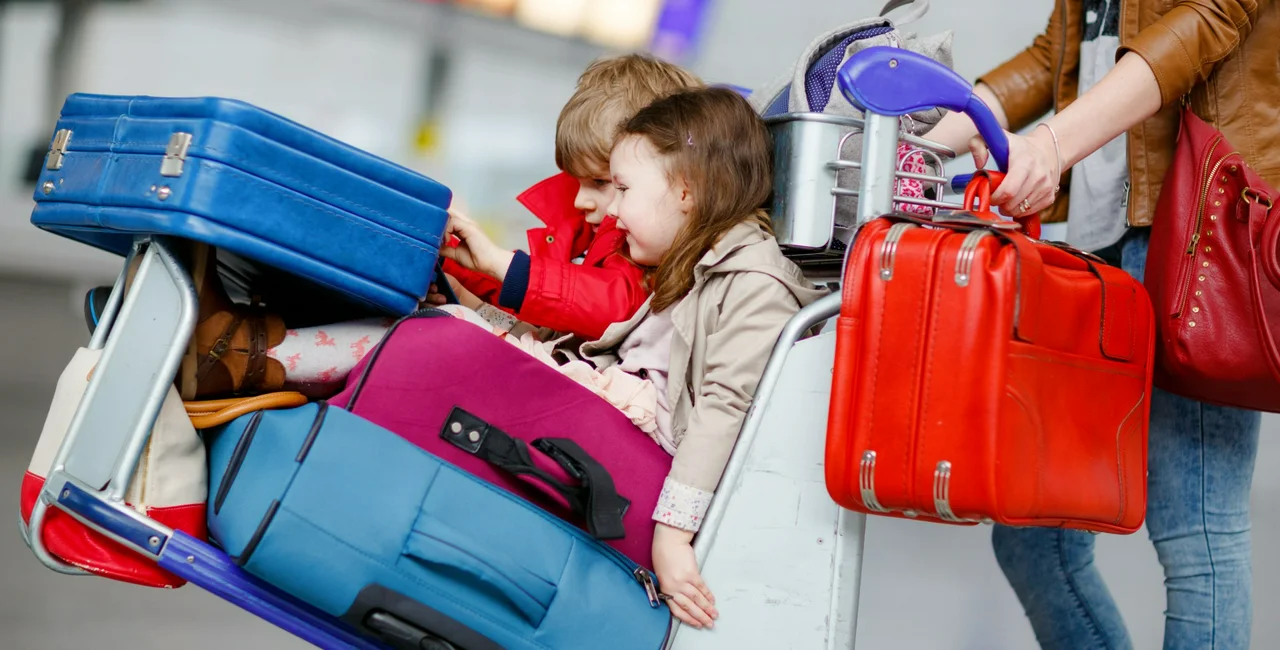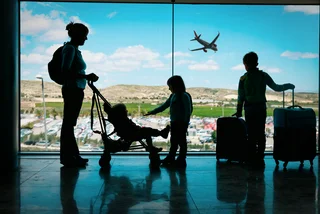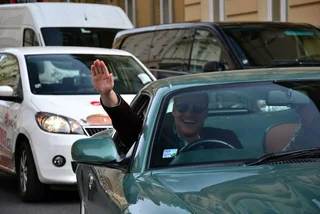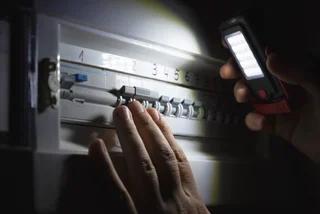Czech officials are urging parents and guardians to carry written consent from the other parent when traveling abroad with children, even for short holidays, after dozens of cases involving suspected international child abduction were reported last year.
According to the Office for International Legal Protection of Children (UMPOD), Czech embassies abroad regularly deal with cases where a parent, grandparent, or other relative is questioned, sometimes for hours, by foreign authorities under suspicion of child abduction. This often happens despite having return tickets or holiday vouchers.
PARTNER ARTICLE
Labour Minister Marian Jurečka advised that anyone traveling alone with children should have a signed statement of consent from the other parent to avoid delays or legal complications.
In total, UMPOD handled 56 international child abduction cases last year. These included 37 cases where children were taken from the Czech Republic abroad and 19 where they were brought into the country. In the first half of this year alone, 23 new cases have already been reported.
“These are some of the most serious and painful parental disputes,” said UMPOD director Zdeněk Kapitán at a press conference on Thursday. “They leave the biggest footprint in the lives of children.”
Roughly half of the abduction cases are resolved amicably between parents, while the rest require court intervention. Notably, there hasn’t been a single instance in the past three years where children had to be forcibly removed after a court ruling.
Kapitán emphasized the emotional toll on children, noting that research shows many end up blaming themselves. “It’s a sad outcome. It’s not true. Adults are the initiators,” he said.
The agency resolves these cases through mediation and child-centered negotiation. Children as young as six are often involved in the process, often through play-based communication.
The number of international child abduction cases has remained relatively stable in recent years, with 46 cases in 2022, and 31 and 43 during the pandemic years of 2021 and 2020, respectively.
Holiday Travel with Kids: What to Know
Essential documents
Children need their own passport and visa (if required).
Carry a copy of the birth certificate, especially for babies or if you have different last names.
Travel consent
If a child travels without one or both legal guardians, written consent is recommended.
Include full names, dates of birth, passport numbers, destination, and travel dates.
Add emergency contacts and medical info.
Signature matters
A notarized signature is ideal, especially for travel outside the EU.
If notarization isn’t possible, a signed form is still better than none.
Language tip
Write the consent in the destination country’s language or in English.
Additional tips
Some airlines have specific rules for minors—check in advance.
Include a card with the child’s name and your contact details in case of separation.
For Schengen travel, check rules for each country at Europa.eu.













 Reading time: 2 minutes
Reading time: 2 minutes 




























